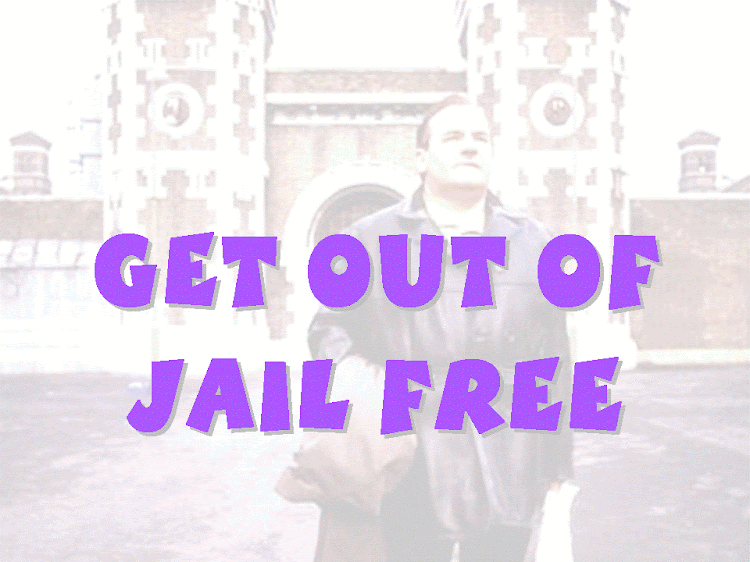
Alexander Solzhenitsyn said: "If only there were evil people somewhere insidiously committing evil deeds, and it were necessary only to separate them from the rest of us and destroy them! But the line dividing good and evil cuts through the heart of every human being. And who is willing to destroy a piece of his own heart?"
Isn't that an interesting quote?
As a prison chaplain, I see one of my functions as to tell Churchworld about Prisonworld. Quite often I get opportunities, which I value, to speak to church groups about my work. And I have this blog - albeit unofficially and semi-anonymously.
I do these things because I am aware that by definition, prisoners are out-of-sight-out-of-mind, as I said earlier this week, and so it is hard for Christians to remember about them. Prisoners' Week serves an important purpose therefore. I am not blaming anyone. This time four years ago I had given very little thought in my life to prisons or prisoners at all!
However, reflecting on Solzhenitsyn's quote, I'm wondering if something else is happening too.
It's not just that we forget about prisoners. We perhaps choose to forget about them. Not consciously. Not on purpose. But in some mysterious way for our own welfare we do, perhaps.
It is well known that people in this country will give far more generously and willingly to animal welfare charities than to mental health charities. The mental health charities are also the poor relations to the physical health charities. One reason for this may be that animals are not just cute and fluffy but are "other" or "them". People who have cancer or blindness or deafness or have muscular dystrophy are to those of us who don't, also "other" or "them".
Mental health is a different thing, though. There are so many sliding scales. and most of us, deep down, would have to admit that we're on the scale in one direction or another. We're a little paranoid, or we're a little depressed, or we're a little prone to hysteria, or whatever. At least, we'd have to admit it if we thought about it. But by not thinking about it, we're protected from disquiet. This is a factor, perhaps, in our unwillingness to think much about mental health charities when it comes to allocating our giving.
Prisons can be conveniently compartmentalised, in a literal physical way, as separate from the rest of society. By doing so, we're able to feel that offenders are "other" or "them" and we are safely "us".
The reality is, though, that we're not so different from offenders. There's a sliding scale there too. Christians know it as sin.











1 comment:
A really interesting post. It is so true that many people see prisoners as a race apart. I believe that anyone who has ever been angry is capable of murder. We all need to examine our own hearts before we pass judgement on others.
I hope that the prison system will be reformed eventually so that those with mental health problems will get the treatment and therapy they deserve. So many people are locked up basically for want of care.
Post a Comment